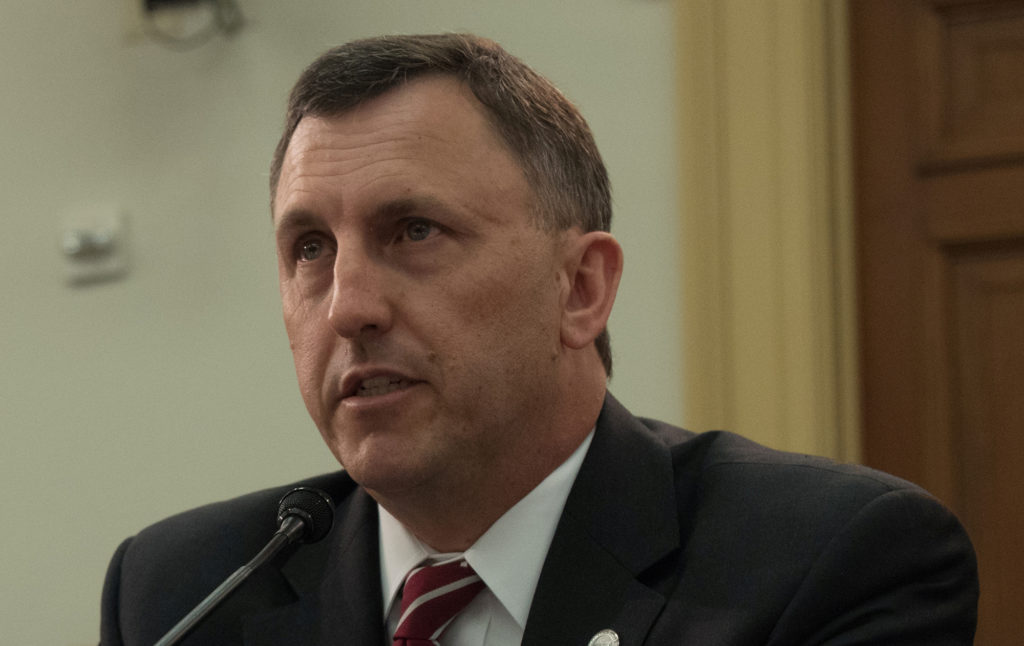
Co-ops want to improve the efficiency of their power plants, but there’s often a big stumbling block: uncertainty over clean air rules.
That uncertainty centers around “New Source Review,” or NSR, which is part of the Clean Air Act. There has not been a clear demarcation between a plant modification triggering NSR and routine maintenance, which is exempt from NSR. That creates confusion and uncertainty for co-ops, which want to see it corrected, so a senior NRECA leader went to Capitol Hill to explain the situation.
“It impedes our ability to make progress on running our power plants as efficiently as we can,” said Kirk Johnson, NRECA senior vice president for government relations.
“We have been seeking reforms to the NSR program for two decades now, and we think the time is now to act.”
Johnson testified May 16 at a House Energy and Commerce Committee hearing, where he told lawmakers that co-ops see NSR as “a barrier to making commonsense efficiency improvements in our power plants.”
Johnson noted that coal-based plants are now required to cycle up and down to accommodate renewables, something they were not designed to do. The result, he said, is more wear and tear on those plants, and, in turn, a change in the type of work needed to keep them running.
“What was considered routine maintenance maybe 20 years ago may be different than what is routine today because of some of those changes in the power sector, and the rules of the road need to recognize that,” said Johnson.
He testified that utilities have performed what they thought qualified as routine maintenance, repair and replacement, “only to be cited for NSR violations years after the fact.”
Johnson praised draft legislation from Rep. Morgan Griffith, R-Va., to simplify the program. Johnson said the bill would amend the definition of a “modification” under NSR so that the “trigger” is based on the maximum achievable hourly emission rate rather than on annual emissions.
“All we are asking, and all we’ve ever asked, is for clear rules of the road,” said Johnson. “We will follow them. We will make sure that we accomplish the objectives laid out in the Clean Air Act. But if we don’t have clear rules of the road, we become very risk averse and we leave opportunities on the shelf.”
Michael W. Kahn is a staff writer at NRECA.